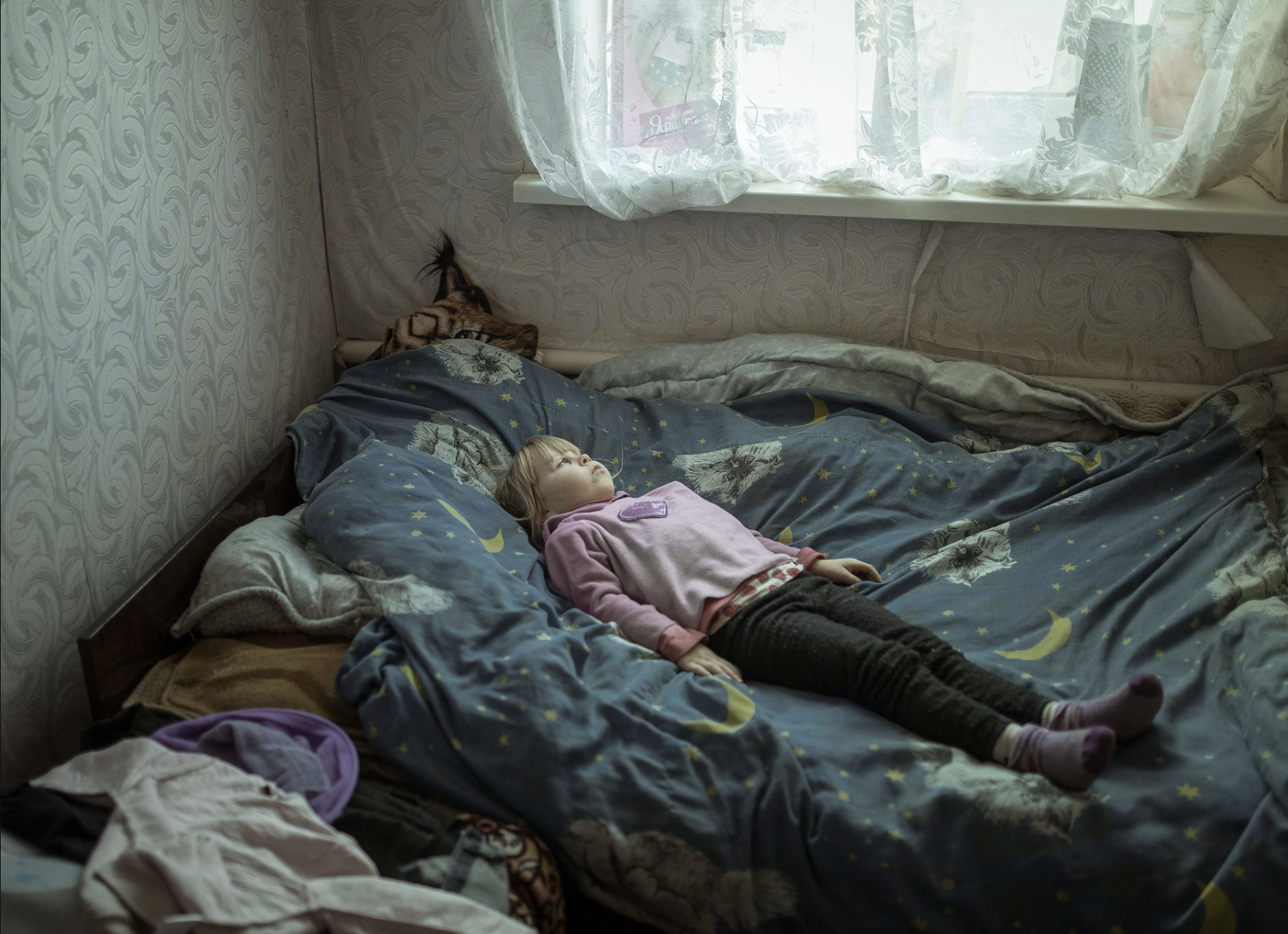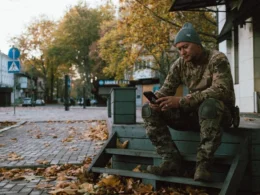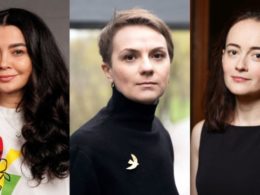The Ukrainian Association of Professional Photographers (UAPF) has condemned the results of the 2025 World Press Photo contest, reports a Ukrainian news source. Among the regional winners were two Russians, one Belarusian, and several German photographers with projects about Ukraine and the war.
“The association is surprised by the choice of winners,” the UAPF reported in its official announcement. The organization demands adherence to standards of ethics, impartiality, and transparency.
One of the Russian winners, Mikhail Tereshchenko, works as a photojournalist for TASS, a Russian state news agency. Tereshchenko won in the “Stories” category with a series titled “Protests in Georgia” documenting anti-Russian protests in Tbilisi.
“By rewarding Russian photographers who serve as spokespeople for the Russian state ideology, the competition makes visible the position of the aggressor,” the UAPF statement reads.
The second Russian winner, Aliona Kardash, received an award in the “Long-Term Projects” category for “It Smells of Smoke at Home.” Kardash, who lives in Germany, focused on “the psychological detachment of modern Russia from reality, where war is called a ‘special operation.'”
In the “Single Photos” category from Europe, the jury selected two works showing the war in Ukraine. They characterized them as a “visual pair” showing two reflections of the region’s reality.
German photographer Florian Bachmayer portrayed six-year-old Angelina from the Kharkiv region who suffers from panic attacks after fleeing from shelling. The photo is titled “Beyond the Trenches.”
In contrast, German photographer Nanna Heitmann presented “Underground Field Hospital,” showing a wounded fighter from the “DNR” who fought on the side of the Russian army.
Belarusian photographer Tatyana Chipsanova won in the “Southeast Asia and Oceania” category. Her project focuses on the ancestors of the Māori tribe Ngāi Tahu in New Zealand.
Finbar O’Reilly, head of the European jury, explained their choices: “The winning photographs are those that make us stop, or at least slow down and think, rather than just scrolling further.”
Ukrainian photojournalists strongly criticized the jury’s selections. Serhiy Korovayny wrote that the selection represents “an non-empathetic, superficial manipulation that removes responsibility for the Russian war in Ukraine from ‘ordinary Russians.'”
Julia Kochetova, last year’s World Press Photo winner, said: “Obviously, I am surprised to see so much attention to the narrative about the ‘Russian soul’ among this year’s regional winners.”
Vlada Liberova questioned the judgment: “Do you really think it’s a good idea to call a ‘visual pair’ a photo of a little girl who suffered from Russian aggression and a photo of a wounded (Russian) occupier in occupied territories?”
Russian and Belarusian athletes, artists, and cultural figures were excluded from international competitions following Russia’s invasion of Ukraine in February 2022. The bans were implemented as a response to the war, with the International Olympic Committee (IOC) and other organizations citing the need to protect the integrity of events, ensure participant safety, and condemn the aggression, which Belarus supported by allowing its territory to be used for military operations
They have been gradually allowed to return to international competitions, often as neutral participants, as international sports bodies seek to balance political pressures with the rights of athletes. This process began in various fields around 2023-2024. Such decision has been condemned by Ukraine, Poland, Baltic states, Scandinavian Countries.
Read also:
- Reality check: Nuclear weapons in Ukraine were Soviet, not Russian as Trump’s special envoy claimed
- Trump acknowledges Russia possibly delays peace deal
- EU top diplomat Kallas criticized for having too strong of moral compass






